In SEO, there is a lot of talk about what Google (and other search engines) should and should not do for brands. We can all agree that the object is organic traffic and that the method is capturing rankings for keyword queries. While there are tons of strategies to rank, the basics are: there are unbranded searches (queries that do not mention your brand name and are often general to a product or industry) and branded searches (which mentions the brand’s name, domain, specific products).
Most SEO strategies are going after unbranded keywords because that is where the majority of incremental opportunity lies. It’s how customers who are not looking for your brand directly are searching. Branded queries, on the other hand, are driven by existing customers or searchers who have been made aware of your brand through other channels (TV, social media, etc.) and are explicitly looking for your brand.
The Value of Branded Keywords
Most SEO strategies focus on unbranded keywords due to their high volume and traffic potential. But branded keywords are viable and should not be ignored. They represent existing and potential customers and just because a visitor is searching on your brand’s name or a specific product does not mean that they have purchased before. In fact, it signals a higher likelihood to convert.
According to the Advanced Web Rankings CTR Study, the CTR for the no. 1 position for branded queries is 40% vs. 27% for the no. 1 position for unbranded queries.
For example, consumers searching for “running shoes” could be comparison shopping or doing a broad research search. Whereas searchers looking for the branded “adidas running shoes” are specifically looking for the brand Adidas thus signalling greater intent.
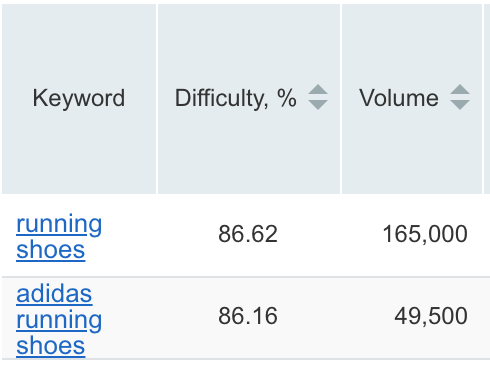
If your brand is strong and benefits from high visibility, branded keywords will likely have high search volume and be valuable to you.
Branded keywords will also be more important with the growing popularity of voice search. Machines like Google Home, Siri, and Alexa typically return one result or answer. Having your brand optimized to meet those branded voice queries will be more important than ever.
An SEO strategy that is not focusing on branded search could be forfeiting traffic to review sites, shopping engines, Paid Search, and squatters. Here are 10 common ways brands squander their branded search visibility and how you can avoid these pitfalls in an SEO branded search strategy.
10 Ways Brands Lose in Branded Search
1. Believing Branded Keyword Search Is Minimal
Compared to unbranded search, branded keyword queries generate less potential search volume and ultimately less traffic. However, in aggregate branded search volume can represent a significant portion of traffic and when reviewed in conjunction with direct traffic, branded traffic may represent a larger percentage of your overall organic traffic than unbranded terms.
How to Capitalize: Pay attention to your branded positions and clicks in GSC. Compare organic traffic against direct and your top organic entry pages. You can connect your GSC to Google Analytics to merge visibility with page-level data.
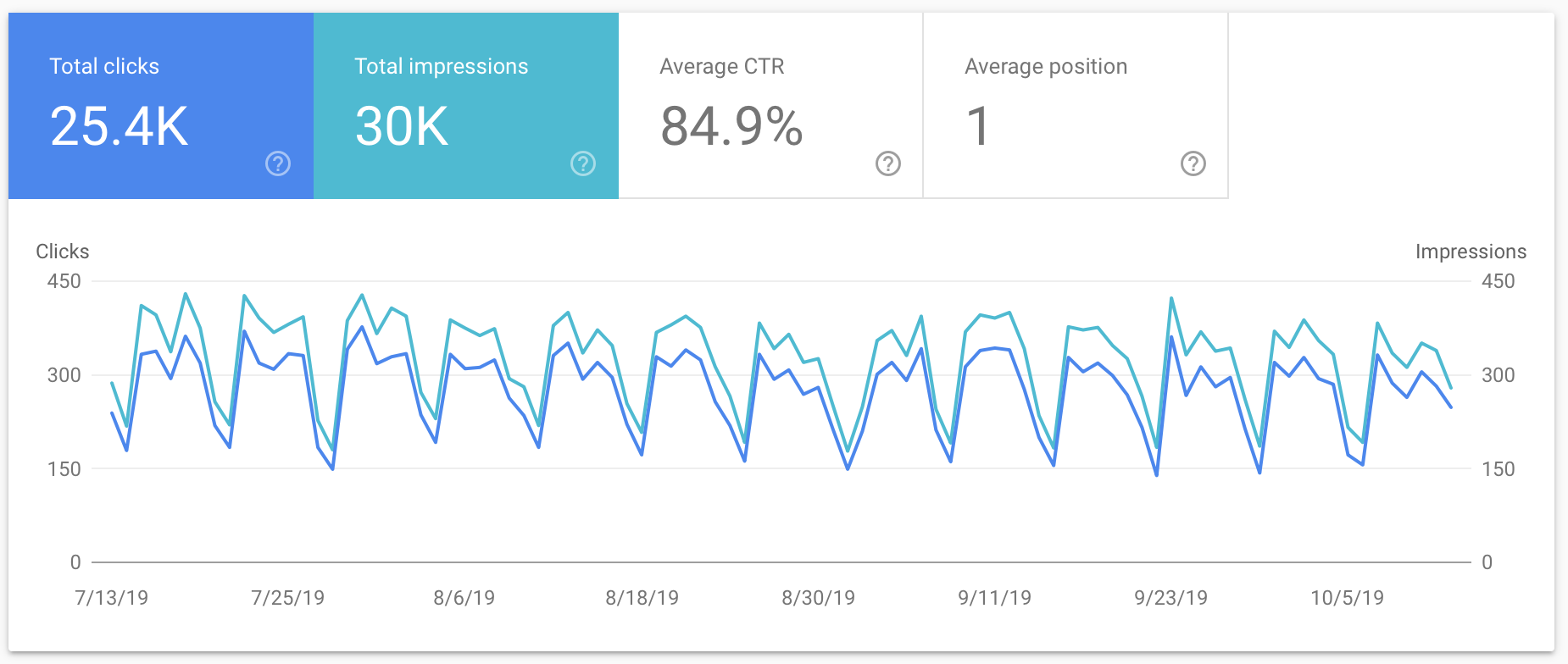
For this brand, mentions of their brand name represented 25K clicks to their site over a 3-month period. That’s not minimal and should be monitored to ensure its steady-state and growth.
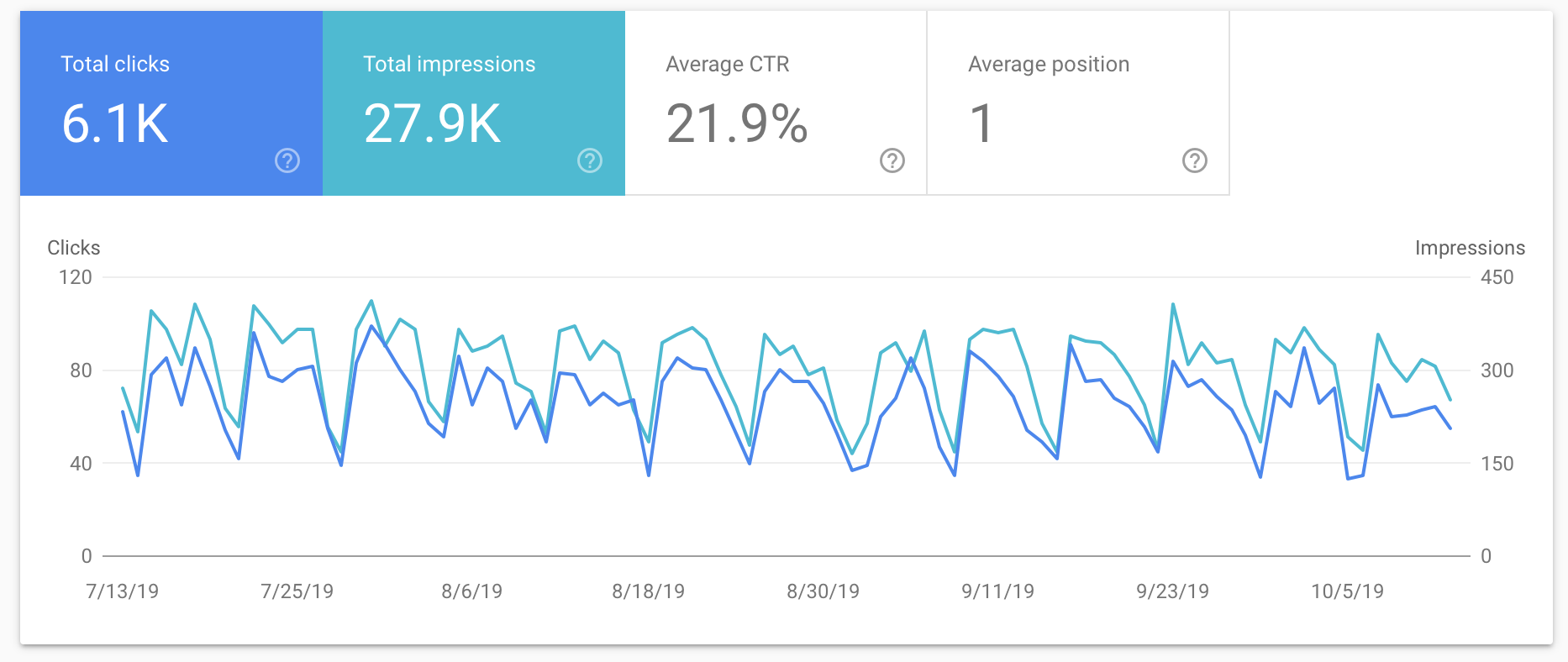
By filtering down to a specific URL, you can monitor its Organic visibility and corroborate this data in analytics. This is great intel for finding branded keywords and pages that are under-performing to help improve their visibility.
2. Not Correlating Direct Traffic’s Role
Direct traffic is when a user types your URL directly into a browser. While this is not the same as a user going to Google and searching on your brand, the two are correlated. A user who has searched on your brand or been made aware of your brand through an unbranded query may return via direct traffic.
Brand awareness and visibility drive both direct traffic and branded queries. SEOs should monitor fluctuations in both channels as well as track returning visitors to know their point of entry and their most used returning channel.
3. Ignoring Contact or Support Queries
Branded searches come in many forms and intents. A lot of branded queries are from users who have interacted (or purchased) your products or services and are looking for customer service. This means queries such as “[your brand]” +“support” or “contact [your brand]” are highly intentional. Ignoring these keywords can spell disaster for customer loyalty.
This also goes for informational branded queries. Customers may search on your brand with how-to and instructional queries and they should be able to find the right information.
4. Neglecting to Segment Your Branded Searches
Like #3, branded searches come in all shapes and sizes. There are informational branded searches, transactional ones, research-driven, purchase-oriented. You name it. Brands do themselves a vast disservice by lumping all branded queries together. By segmenting branded searches, you can see what content you have and don’t have onsite to match these queries as well as which products and services are more popular with consumers.
At iPullRank, we leverage semantic tools to generate highly targeted keyword lists for our clients. Based on the opportunity size, we segment lists based on category, need state, rank zone and unbranded vs. branded.
5. Character Shaving Brand Mentions
In optimization, the brand name is often the first thing to get cut. While it does take up prime character length, brands must ensure that their brand is being parsed in other ways.
Those ways may include:
- Domain name: Your domain should be your brand name. Search engines will be able to correlate branded searches with the URL, pending the page also has enough relevant copy for the query.
- On-page copy: The title tag is not the end all be all and any and all copy on your site should be branded. What that means is it should drive users into your funnel and move toward a conversion. With relevant, authoritative copy, search engines will be able to make a correlation with your brand.
- Backlinks: Links build brand equity. That includes inbound links and internal links between pages. Having authoritative sites in your industry link to your pages can be more powerful than any brand name appended to a title tag.
- Schema Markup: By adding your brand name to your website’s schema it will appear in the URL breadcrumb in the SERPs, giving users and search engines a stronger correlation between your brand and the query.
6. Letting Squatters Take Your Real Estate
Comparison sites, aggregators, affiliates and other companies may squat on your branded terms to co-opt your traffic in both Organic and Paid Search. If your SEO or Paid strategy is ignoring these valuable queries, these squatters will capture the traffic meant for your site. In the case of aggregators, they may capture that traffic, make a conversion and take a percentage of your sale.
7. Offline Efforts are not Synced to Online Efforts
One of the biggest issues with branded search is that other channels are often drivers. There has to be brand awareness in order for consumers to know the brand. While this may cause an issue with attribution, for SEOs it’s a win-win. If offline channels such as TV are running spots, SEO can correlate any spike or residual branded interest back to those efforts. The play between offline and online can be made strong and brand messaging can be consistent to capture consumers who see a TV ad, do a Google search and find the same deal they were advertised.
When offline and online are not synced, it can be a huge fail. Take Super Bowl commercials for instance. It’s the biggest advertising day of the year and if a brand is running a unique (and expensive) spot, their search strategy should be on-point. Customers will search with phrases from the TV spot and if you’ve done your work, your brand should show up.
Req did a great post on brands that capitalized on the Super Bowl ads in search and the brands that, unfortunately, did not.
8. Ignoring Comparison or Reviews Queries
All competition on branded search terms is not cannibalizing. Comparison shopping engines and review sites can bolster awareness of your products and services. And it also clues you into the ways searchers are doing research.
Review queries such as “[your product]” + “reviews” are great tools to see what is important to consumers. It also provides ample inspiration for your content strategy. If your branded comparison or review keywords are garnering significant volume, there should be a page on your site to address consumers in this research phase.
9. Wrong Pages Ranking for Branded Queries
Another way brands forfeit their branded rankings is by not assessing if the right pages are ranking for their branded queries. It’s easy to let the homepage accumulate most of the brand visibility, but for highly intentional queries like the Contact Us page or Support content may be more relevant.
By tracking your branded keywords, you can see which pages are ranking and if there are better entry pages for searchers. Properly aligning the right pages to a query can aid in increased engagement and higher conversions.
10. Not Nurturing or Growing Return Visits
The end game of search is to grow and nurture your traffic and customer base. By tracking and optimizing for your branded search terms, companies can get a better picture of return visitors. Consumers searching on branded terms are already familiar with your brand, but for whatever reason they are not going directly to your site.
By examining their queries and the pages they visit, you can optimize your conversion funnel. Maybe these repeat branded searches need to convert into leads, so they can receive lead nurturing emails? Maybe they need to be prompted to create an account? Branded keyword searches are fertile ground for moving searchers into the funnel. Look at the pages that rank and optimize your lead generation efforts.
Branded search is a crucial portion of your keyword optimization efforts. To ignore or reduce efforts on branded keywords is a strategic error that can lead to holes in your content strategy, marketing, and ultimately your sales funnel. Consumers searching on your brand are valuable and most importantly, they already know about your products or services. You don’t have to alert them. You do, however, have to provide them with relevant content and nurture them toward action.
How much of your keyword mix and targeting is geared to branded search? Which of these efforts can your company improve on?
- Why E-E-A-T & Core Updates Will Change Your Content Approach - March 14, 2023
- How to Kickstart your Marketing after COVID-19 - May 14, 2020
- Captive Audiences? How to Pivot your Content Strategy during a Crisis - April 3, 2020


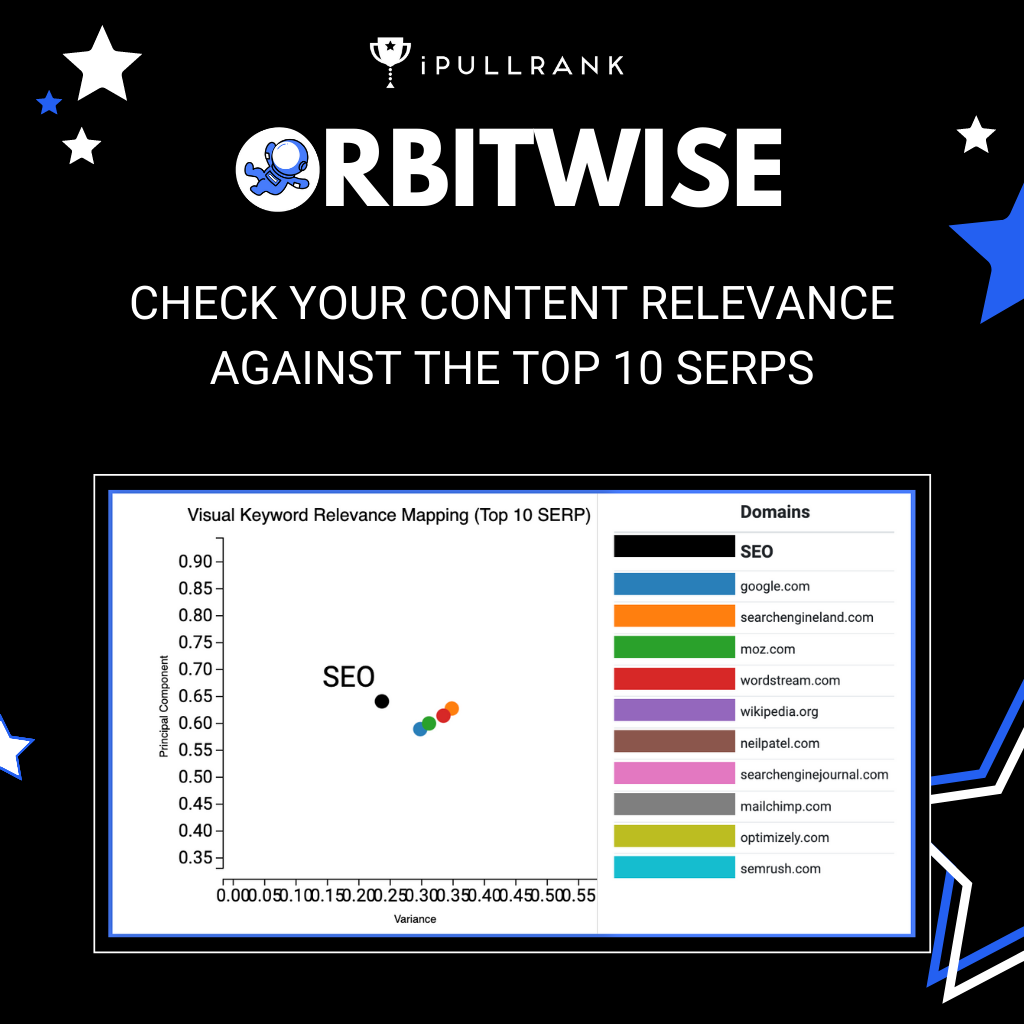




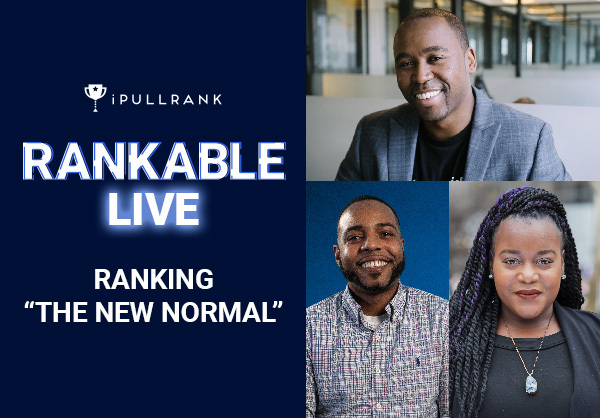


Leave a Comment